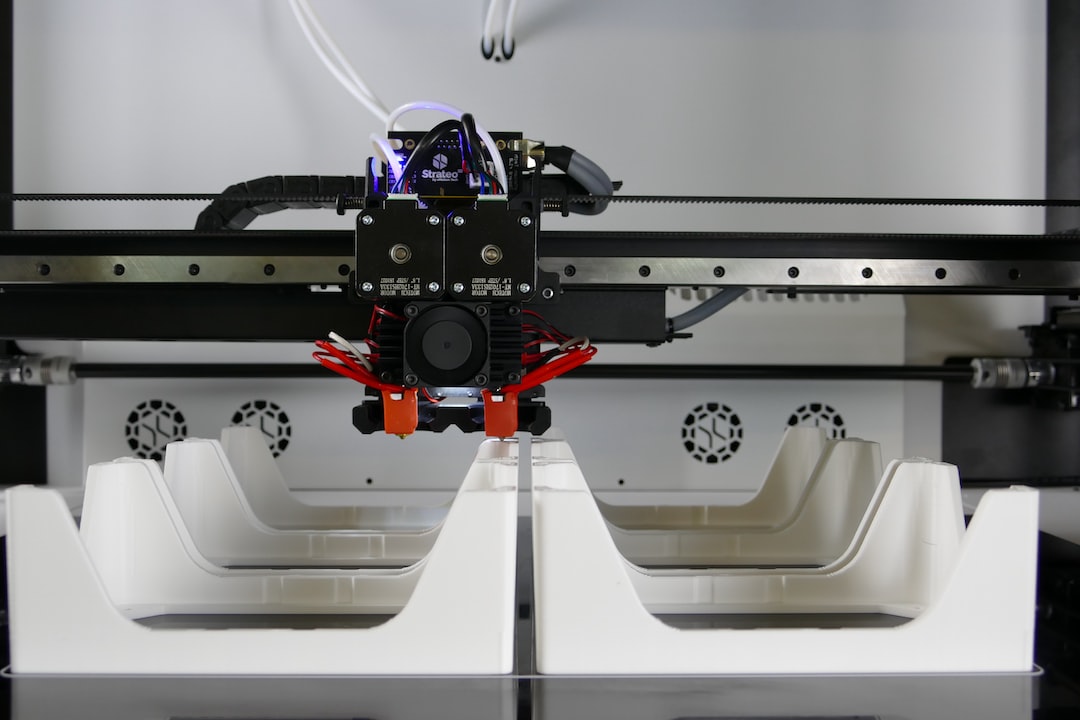Just-in-Time (JIT) manufacturing is a production philosophy that focuses on improving efficiency and reducing costs by eliminating waste in the manufacturing process. It is a method that has revolutionized the way companies produce goods and has become a key component in many successful manufacturing systems. In this blog post, we will delve into the principles behind JIT manufacturing and how it can be effectively implemented to optimize production processes.
JIT manufacturing is based on the belief that waste should be eliminated at every stage of the manufacturing process. This includes waste in the form of excess inventory, overproduction, waiting times, unnecessary transportation, inefficient processes, and defects. By reducing or eliminating these wastes, companies can achieve higher levels of efficiency, productivity, and cost reduction.
One of the primary principles of JIT manufacturing is to produce only what is needed when it is needed. This means that production starts only after an order is received, which results in lower inventory levels and decreased costs associated with storing excess inventory. By implementing this approach, companies are able to free up valuable warehouse space, reduce inventory holding costs, and focus on delivering products quickly to customers.
In order to effectively implement JIT manufacturing, companies must establish strong relationships with their suppliers. These relationships are crucial as suppliers need to be able to deliver the necessary raw materials, components, and parts just-in-time to support production goals. By working closely with suppliers and implementing rigorous quality control measures, companies can ensure that they receive high-quality inputs exactly when they are needed, reducing the risk of defects and delays.
Another important aspect of JIT manufacturing is the design of efficient production processes. This involves eliminating any unnecessary steps, simplifying procedures, and continuously improving workflow to reduce manufacturing cycle time. By doing so, companies can achieve faster production times, minimal waiting periods, and efficient utilization of resources. This not only reduces costs but also allows companies to respond quickly to changing customer demands.
JIT manufacturing also emphasizes the importance of maintaining high-quality standards. Defective products not only result in financial losses but also impact customer satisfaction and brand reputation. By implementing stringent quality control measures throughout the manufacturing process, companies can significantly reduce the number of defective products, minimizing waste and improving customer satisfaction.
Implementing JIT manufacturing is not without its challenges. One of the main challenges is the need for a robust and dependable supply chain. This means that companies must have a reliable network of suppliers that can consistently deliver high-quality inputs on time. Any disruptions in the supply chain can have significant repercussions on production schedules, leading to delays and additional costs. It is therefore important for companies to have backup suppliers and contingency plans in place to mitigate these risks.
Additionally, JIT manufacturing requires a culture of continuous improvement. This means that companies must encourage their employees to identify and eliminate waste, suggest improvements, and take ownership of their work. Training programs, employee empowerment, and incentives can be effective ways to foster this culture of continuous improvement, leading to higher efficiency and better overall performance.
In conclusion, JIT manufacturing is an effective approach to improving efficiency and reducing costs in manufacturing processes. By eliminating waste, optimizing production processes, and maintaining high-quality standards, companies can achieve higher productivity, lower inventory costs, faster delivery times, and improved customer satisfaction. While implementing JIT manufacturing can be challenging, the benefits far outweigh the obstacles, making it a worthwhile strategy for companies striving to stay ahead in today’s highly competitive marketplace.

